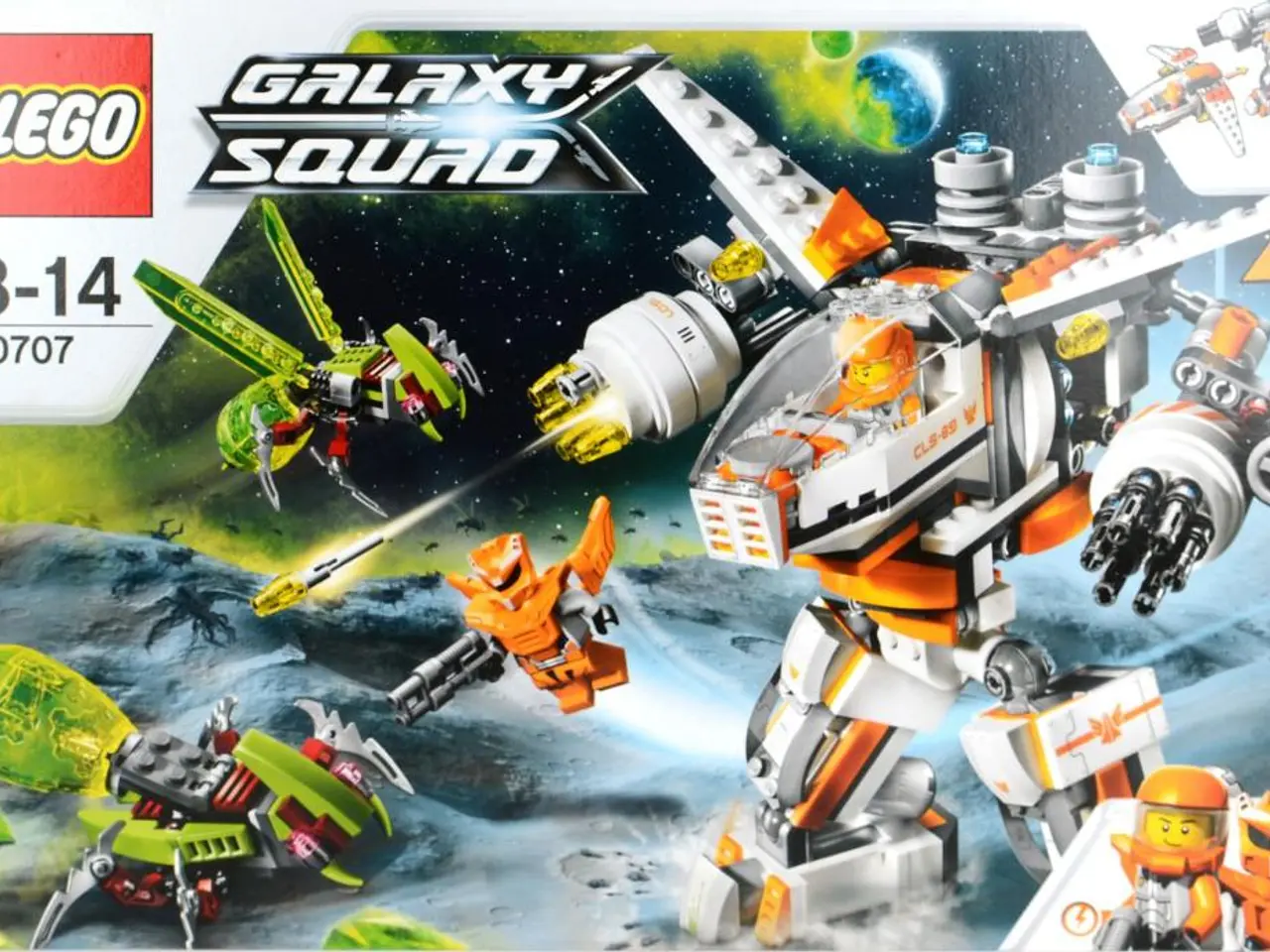AI's Hidden Foe: The Human Brain's Countermeasures
The human brain, a marvel of nature, continues to outshine artificial intelligence (AI) in many aspects. During sleep, it maintains itself, consolidating memories, clearing toxins, and restoring balance - all without the need for external engineers. This self-sustaining mechanism is one of the key reasons why sleep strengthens learning, memory, and problem-solving abilities.
Divergent thinking exercises, which encourage multiple solutions, are another tool that fosters creativity, a trait that machines lack. Entrepreneurs, for instance, leverage this creativity and propensity for risk-taking to spot opportunities and drive innovation.
The adaptability of the human brain is another factor that sets it apart. Lifelong learning enhances this adaptability, ensuring humans remain not only relevant but essential in an AI-driven world. Nootropics and brain supplements can aid in sustaining focus, memory, and stamina, further optimising these hidden strengths.
Physical activity plays a crucial role in boosting blood flow, oxygen, and neurochemicals linked to creativity and focus. Mindfulness exercises also help strengthen focus and reduce stress, contributing to overall brain health.
Current research is focused on supporting and enhancing the adaptive abilities of the human brain. For example, AI-driven closed-loop systems combine individual brain stimulation and real-time EEG monitoring to improve attention, as demonstrated by a University of Minnesota study. These systems use AI to enhance cognitive performance through prefrontal cortex stimulation.
Personalised neurotechnology, using HEG Neurofeedback and adaptive training apps based on real brain data, aims to improve attention and self-regulation. Other research focuses on neurorobotics, applying neural methods in robotics platforms, which may provide insights into adaptive brain functions.
In the realm of healthcare, doctors apply empathy, intuition, and judgment in patient care, providing better outcomes than AI. Teachers, too, provide encouragement, empathy, and context in education, making a lasting impact on students.
Compared to AI, the human brain operates on a fraction of the energy. It requires no warehouses or cooling towers for operation, making it a portable powerhouse. A well-balanced diet rich in Omega-3s, antioxidants, and vitamins supports neuron health and energy, ensuring the brain continues to function optimally.
In conclusion, the human brain's adaptability, creativity, intuition, emotional intelligence, and energy efficiency give it an edge over AI. By nurturing and optimising these hidden strengths, humans can ensure they remain not only relevant but essential in an AI-driven world.
Read also:
- Peptide YY (PYY): Exploring its Role in Appetite Suppression, Intestinal Health, and Cognitive Links
- Toddler Health: Rotavirus Signs, Origins, and Potential Complications
- Digestive issues and heart discomfort: Root causes and associated health conditions
- House Infernos: Deadly Hazards Surpassing the Flames








